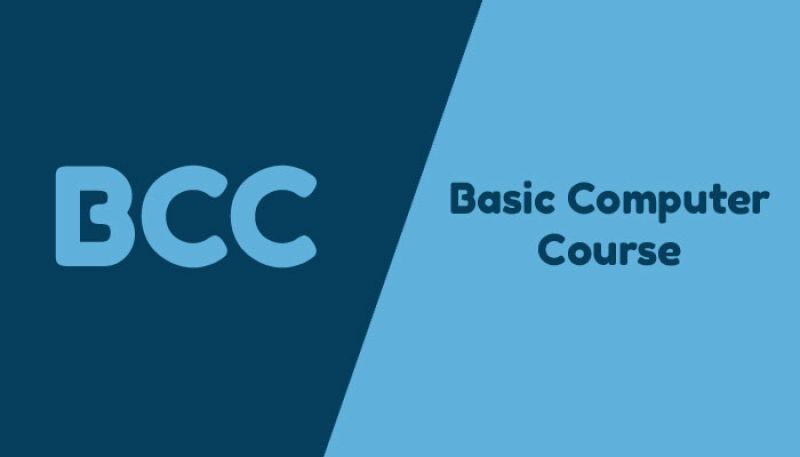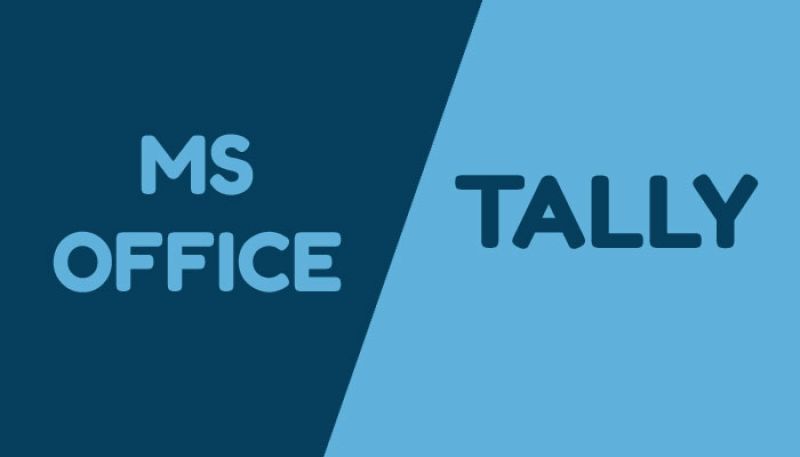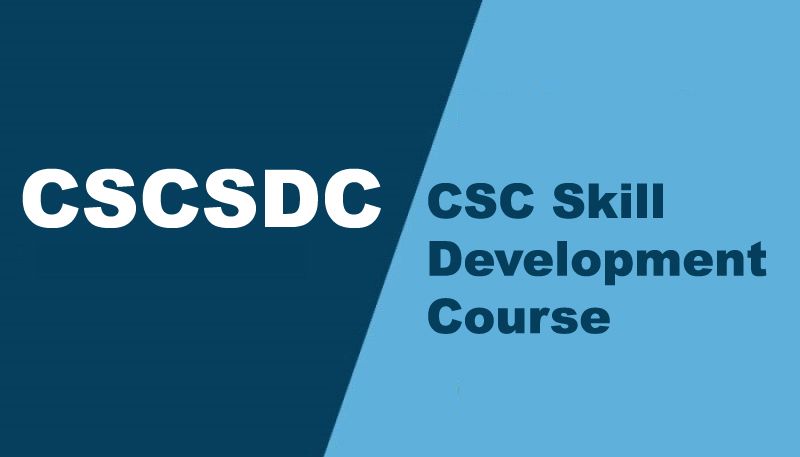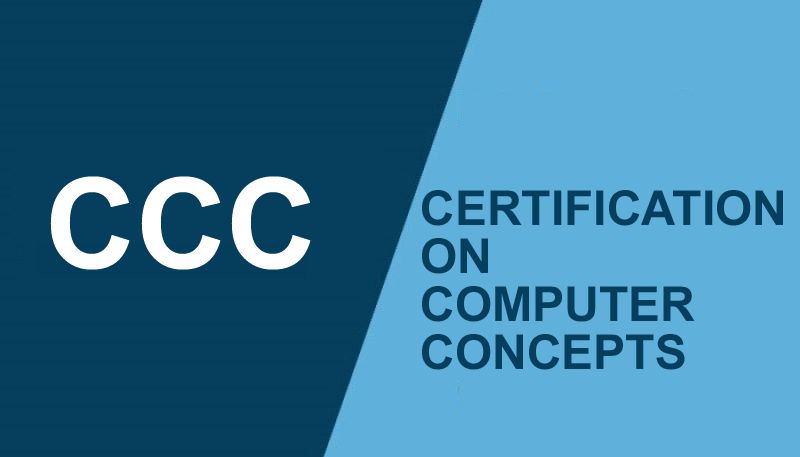
English is a language used internationally. Communication is the key to information. And English helps you communicate with people all around the world. So, it opens the door to various opportunities for you. Here are some reasons explaining why you will not regret learning English.

Course Code : M-1

Course Code : M-2

Course Code : M-3

Course Code : S-4

Course Code : S-5

Course Code : S-6

Course Code : S-7

Course Code : S-8

Course Code : S-9

Course Code : S-10

Course Code : S-11

Course Code : S-12

Course Code : M-1

Course Code : M-13

Course Code : M-13

Course Code : S-14

Course Code : S-15

Course Code : S-16

Course Code : S-17

Course Code : S-18

Course Code : S-12

Course Code : S-4

Course Code : S-5

Course Code : S-7

Course Code : S-9

Course Code : S-11

Course Code : S-16

Course Code : M-3

Course Code : M-13

Course Code : M-19

Course Code : M-19

Course Code : S-21







